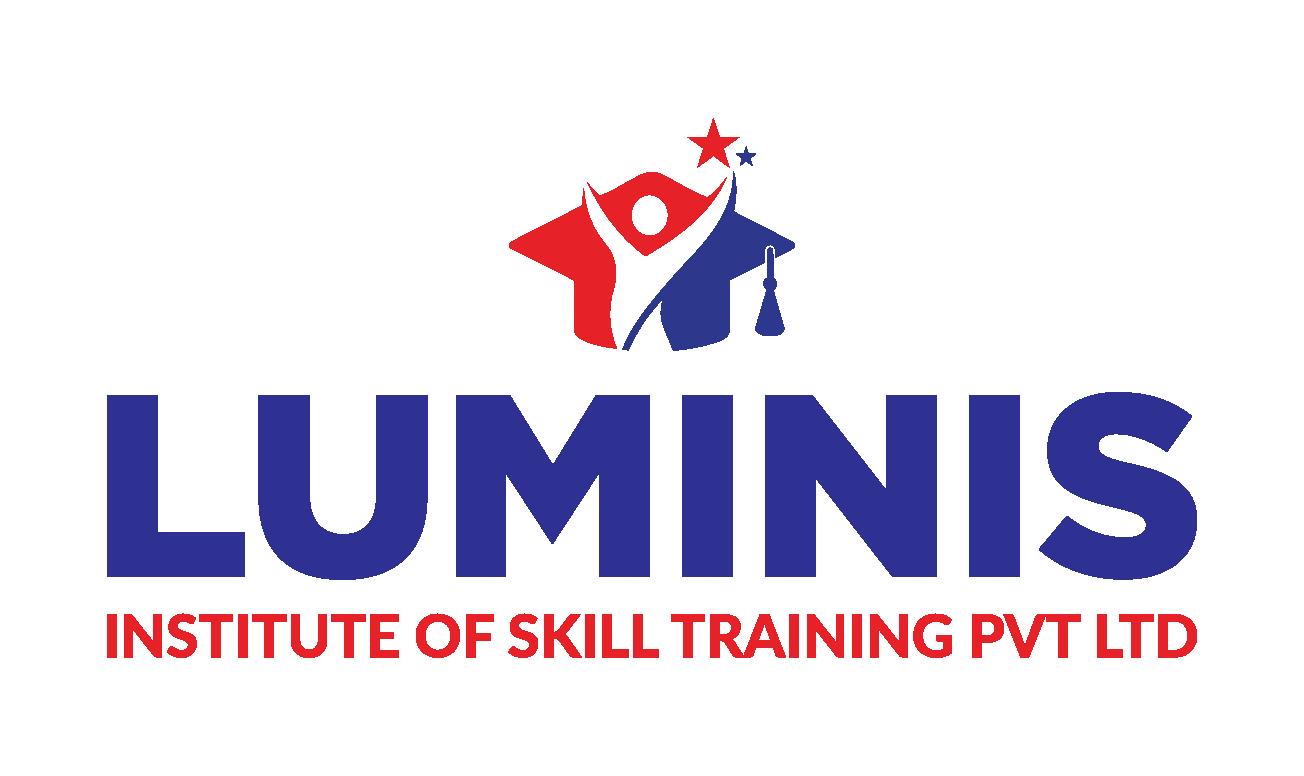Introduction
Are you considering a career in medicine? Medical scribing could be the best option. Medical scribes are essential in patient care, recording contacts, histories, and procedures. If you want to work in medicine, a medical scribe position is a good place to start. This blog provides insights into crucial medical scribe interview questions and answers to help you prepare. Understanding the relevance of the role and mastering interview methods can pave the way for a rewarding career in healthcare
What is medical Scribing
Medical scribing is the process of recording patient encounters, medical histories, and operations in real time. A medical scribe collaborates with healthcare providers, such as doctors or physicians, to accurately document information during appointments or treatments. They help to guarantee that critical details are efficiently collected and entered into electronic medical records, allowing healthcare practitioners to concentrate on patient care.
Why You Should Become a Medical Scribe
Before we go into interview preparation, let’s look at why becoming a medical scribe is a great option for novices
1. Gain clinical experience
As a medical scribe, you will be actively involved in a medical practice’s daily operations. You will see patient interactions, medical procedures, and learn how to record healthcare information. This hands-on experience is vital for anyone looking to better comprehend the medical sector.
2. Boost your resume
Working as a medical scribe demonstrates your commitment to healthcare. It demonstrates your commitment and may make you a stronger candidate for medical school or other healthcare employment.
3. Develop Essential Skills
Being a medical scribe improves your communication, time management, and organization skills. These are valuable in healthcare and any other profession.
4. Make a Difference
By keeping medical records accurate and detailed, you help improve patient care. Your work supports healthcare providers in delivering efficient and effective treatment, positively impacting patient outcomes
Common Medical Scribing Terms and Explanations:
1. EMR (Electronic Medical Record):
A digital version of a patient’s paper chart, containing medical history, diagnoses, medications, treatment plans, and other essential information.
2. Chief Complaint:
The main reason for a patient’s visit to the healthcare facility, expressed in their own words
3. SOAP Notes:
A method of documentation used by healthcare providers to organize patient information into subjective, objective, assessment, and plan sections
4. HPI (History of Present Illness):
A chronological description of the development of the patient’s current medical problem.
5. CPT (Current Procedural Terminology):
A standardized system of codes used to describe medical, surgical, and diagnostic services provided by healthcare providers

